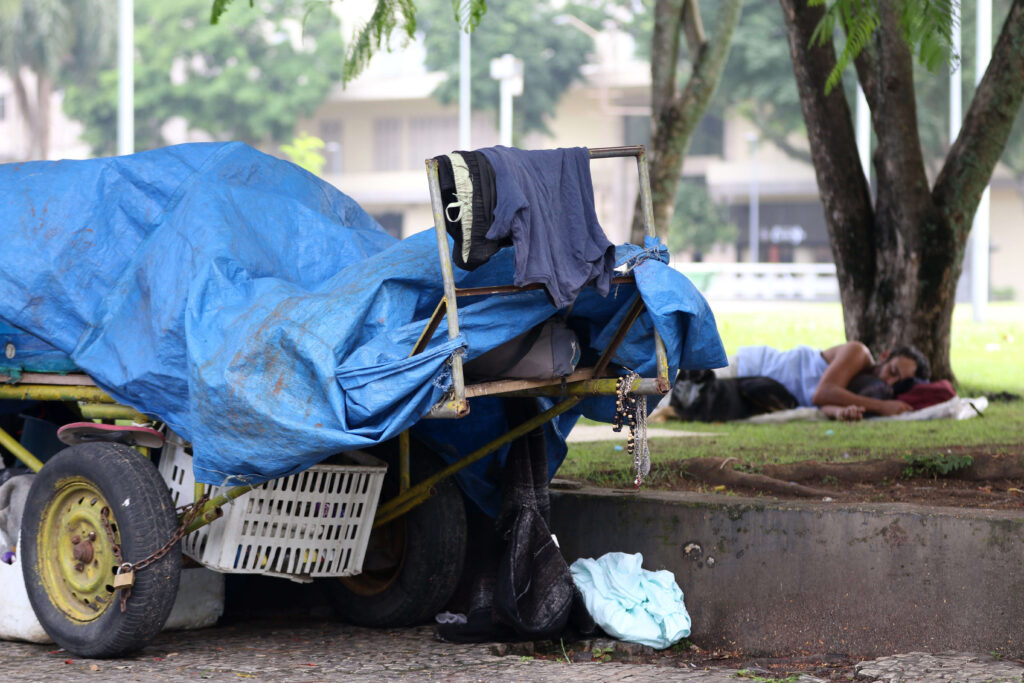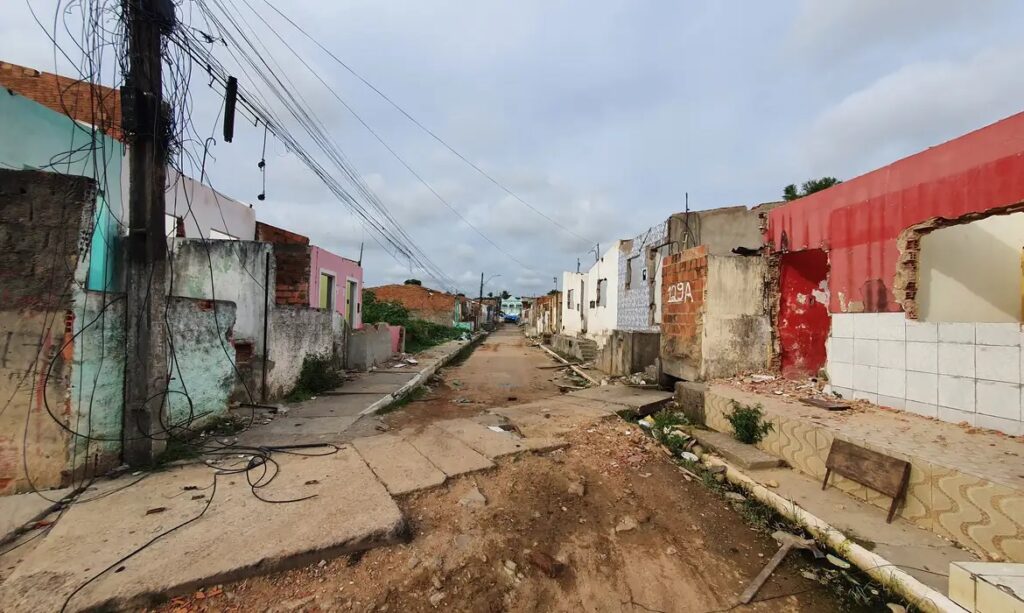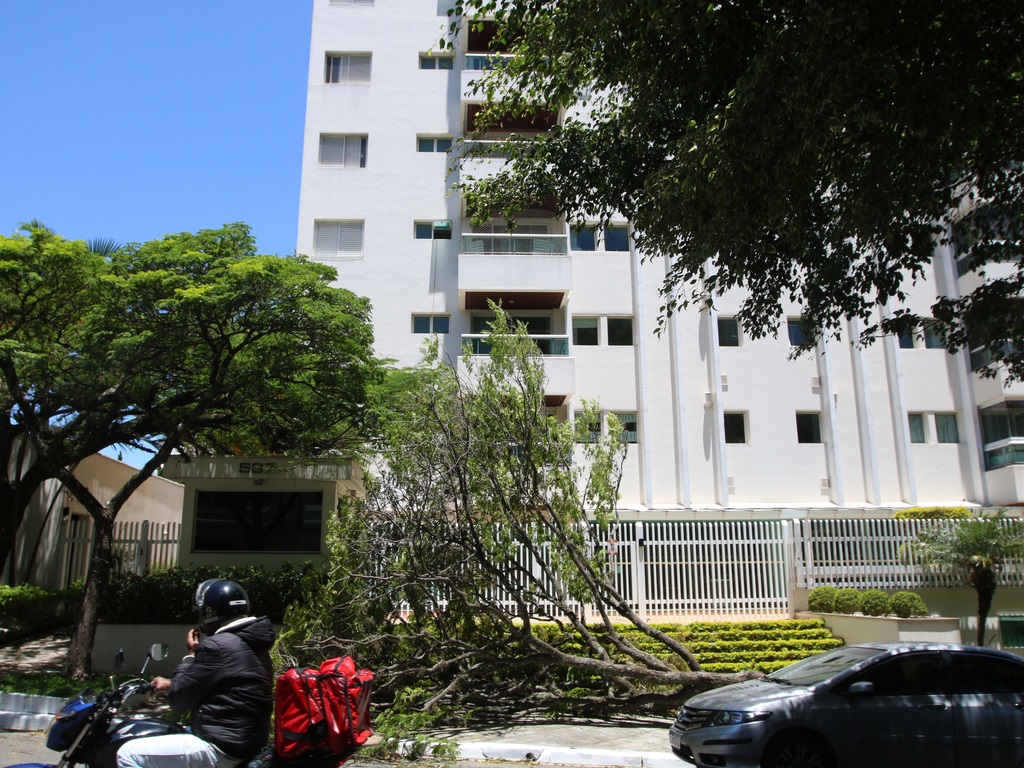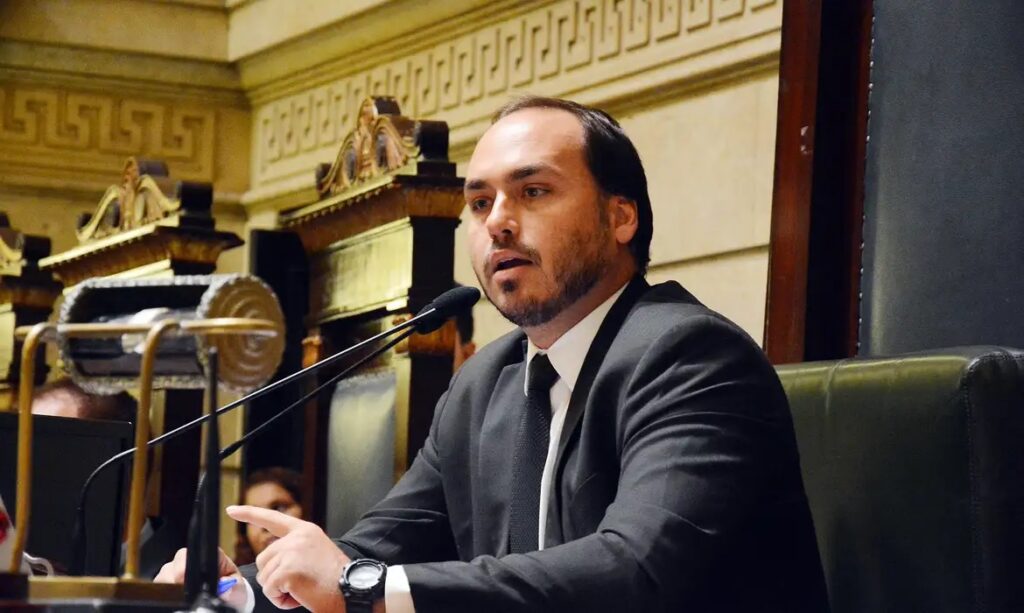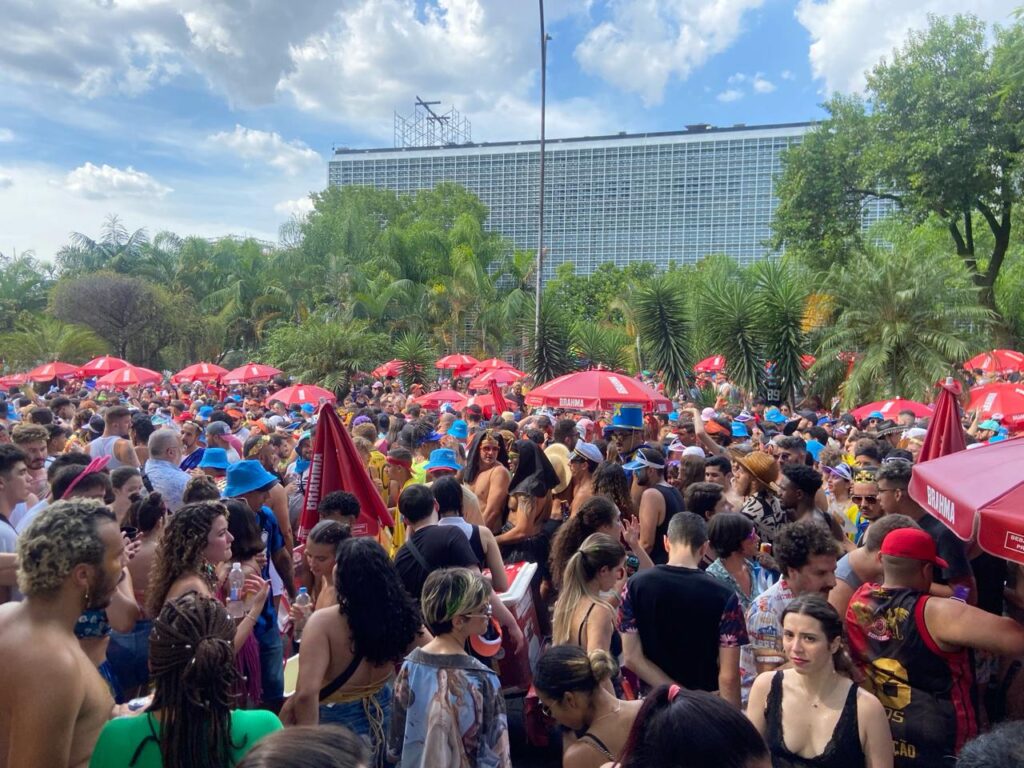São Paulo, Brazil – Despite intense pressure from social and leftist movements to appoint Brazil’s first Black female Supreme Court justice, President Luiz Inácio Lula da Silva has nominated Justice Minister Flávio Dino for the seat.
The president announced his choice on Monday. Minister Dino’s nomination will still need to be approved by the Senate in a vote scheduled for December 13. Dino was chosen to replace Justice Rosa Weber, who retired in September after turning 75.
Brazil’s Supreme Court is composed of 11 judges, and following Justice Weber’s retirement, Justice Cármen Lúcia was the last remaining woman on the court. Therefore, President Lula had been under pressure from supporters to nominate a Black woman, as the court has never had a Black female judge.
The Supreme Court was founded on February 28, 1891, two years after the proclamation of the Republic of Brazil, and, since then, it has only had three female judges – all of them white. The first was appointed in 2000, the second in 2006 and the most recent in 2011.
The campaign for a Black female judge even reached the G20 summit in New Delhi in September. Banners calling for a Black female judge were installed at the airport when Lula arrived.
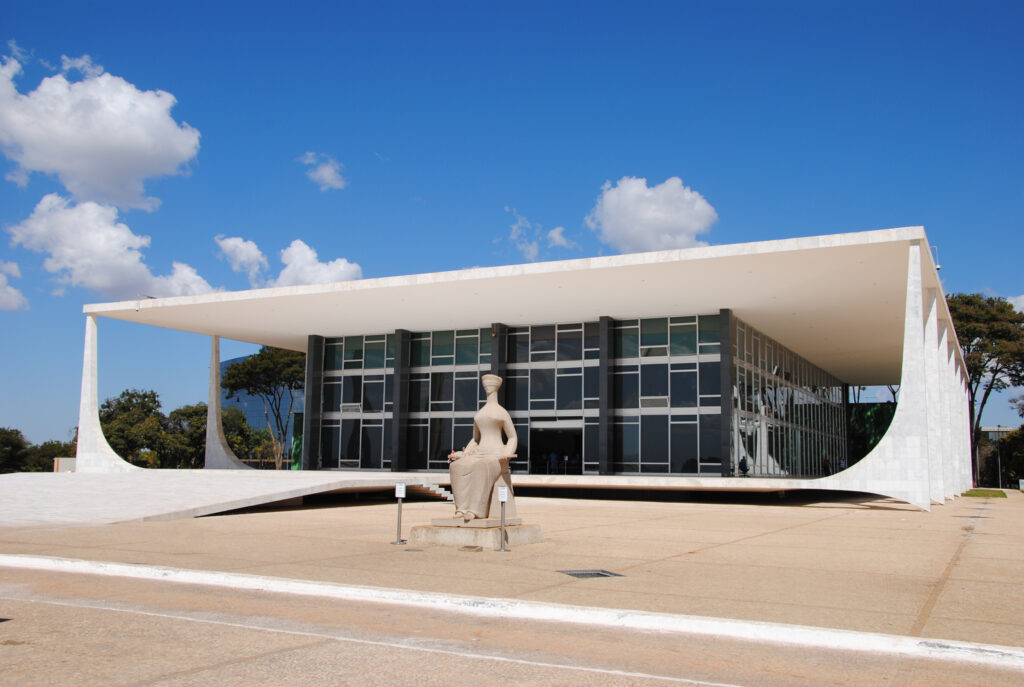
Since then, Lula indicated that he would not respond to the requests. In October, he said that gender and race would not be criteria for deciding the new Supreme Court judge.
From the beginning, it seems, Dino was a favorite for the nomination. He served as a federal judge for 12 years before leaving the career in 2006 to enter politics. Dino became a federal deputy, then the governor of Maranhão, in the northeast of the country, and was elected to the Senate in 2022.
He was named Minister of Justice when Lula took office in January this year and played a major role in the investigations into attacks on the country’s government headquarters by supporters of former President Jair Bolsonaro on January 8.
Through social media, Dino expressed gratitude for the nomination and said that the choice is a professional recognition for his dedication to the country.
“I will engage in dialogue to seek the honorable support of my fellow senators. I am grateful for the prayers and expressions of affection and solidarity,” he wrote on X.
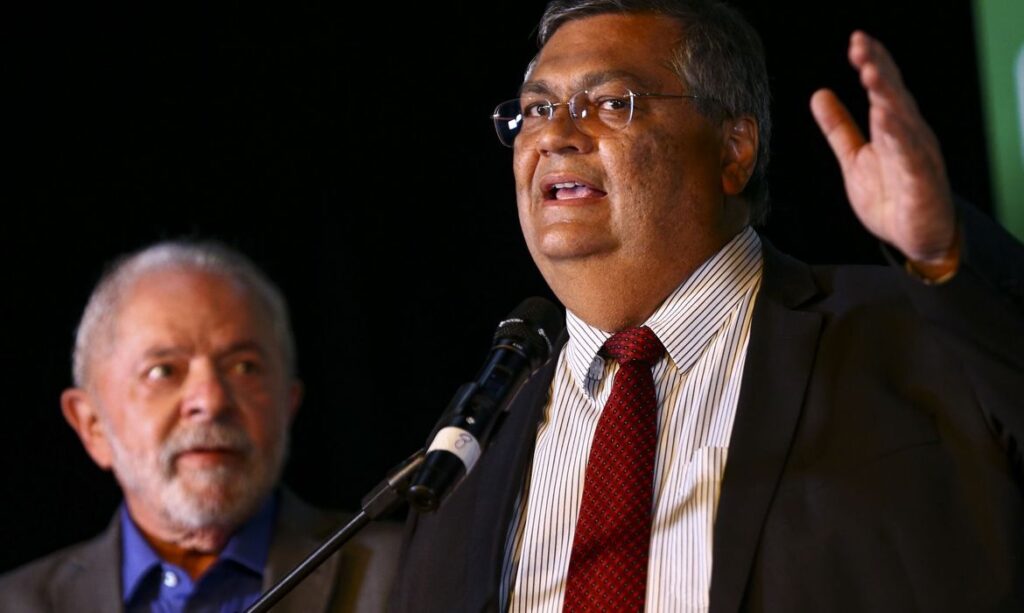
The Court’s lack of diversity
Proponents of a Black female judge argued that the Supreme Court has historically lacked diversity. In its 132 years in existence, the Court has had only three Black judges – all male.
The first black judge served on the court between 1907 and 1921. The second, between 1919 and 1937. After that, Brazil spent more than 60 years without having a black person on the Supreme Court bench.
The last Black member was Justice Joaquim Barbosa, who served from 2003 to 2014, and was also Brazil’s first Black Supreme Court President. There hasn’t been another Black person on the Court since Barbosa’s retirement in 2014.
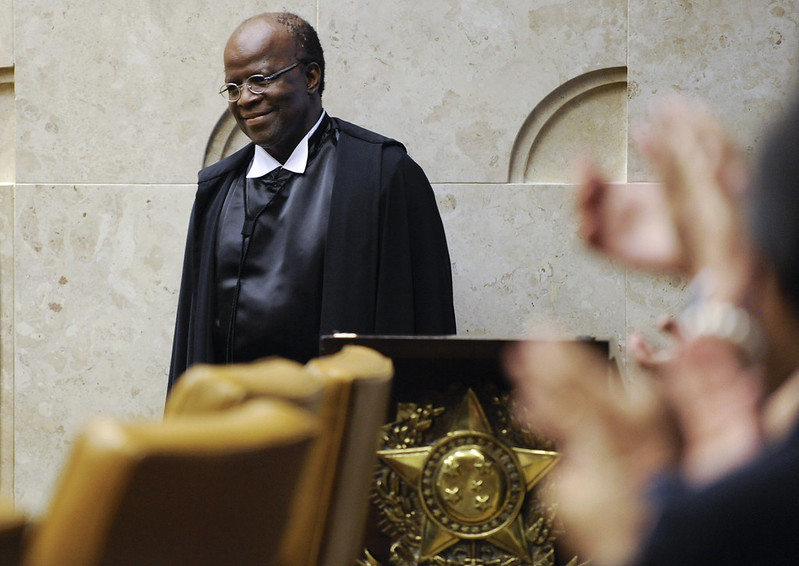
Additionally, there are also criticisms of the lack of women on the country’s top Court. With Dino’s nomination, the Supreme Court will be composed of ten men and only one woman. There are more judges named “Luiz” (four) than women judges on the bench.
According to a survey made by the newspaper Folha de S.Paulo, Brazil has the second-lowest female representation on the Supreme Court in all of Latin America, behind only Argentina, which has no women on its main Constitucional Court.



